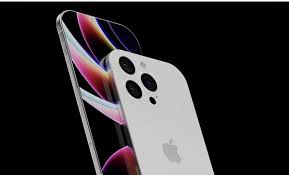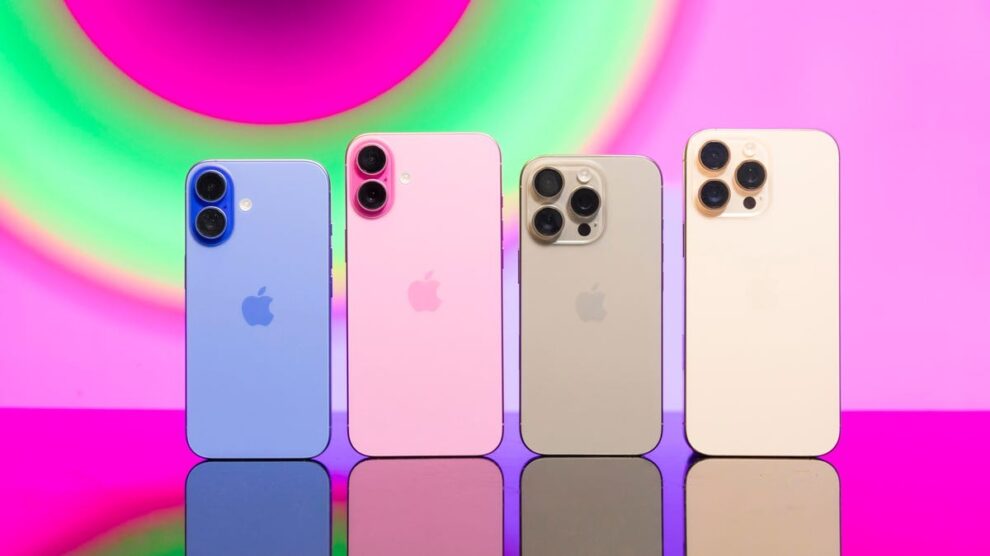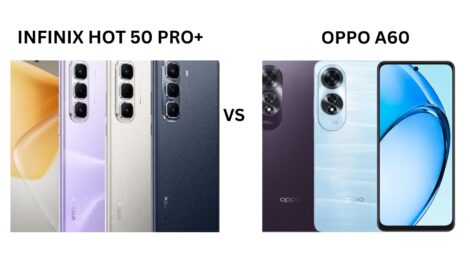iPhone 17 ‘Slim’ – What to Expect From Apple’s Rumored Super Thin iPhone, showcasing advancements in engineering and a leap towards futuristic aesthetics. With persistent speculation about its ultra-thin body, cutting-edge materials, and groundbreaking technology, the ‘Slim’ model could redefine what you expect from smartphones. Apple’s push to deliver unparalleled design, functionality, and innovation is evident in these rumors, painting a picture of a device that seeks to capture the imagination of users worldwide.

At the heart of the iPhone 17 ‘Slim’ concept lies its rumored slender profile. Reports indicate that Apple is aiming for a thickness of less than 5 millimeters, a feat made possible through the integration of solid-state battery technology, refined OLED panels, and compact chipsets. Achieving this level of thinness requires significant design changes, including the potential omission of traditional ports and a transition to wireless-only connectivity. This bold move might revolutionize mobile design standards, pushing the boundaries of what you consider practical yet stylish in a smartphone.
One of the most talked-about features of the iPhone 17 ‘Slim’ is its display. Apple is expected to enhance the user experience with a seamless, edge-to-edge OLED display that delivers exceptional brightness, clarity, and energy efficiency. The display technology may include advancements in micro-LED, offering sharper colors, improved contrast, and lower power consumption. Coupled with ProMotion technology and a rumored 120Hz refresh rate, this screen promises smoother interactions, whether scrolling through apps or gaming.
The material composition of the iPhone 17 ‘Slim’ could also set it apart from its predecessors. Rumors suggest that Apple will incorporate a titanium alloy frame, ensuring durability without adding weight. Titanium, known for its resilience and lightweight properties, aligns with the model’s thin and sophisticated design. The back panel might feature ceramic glass, enhancing scratch resistance and heat dissipation. Apple’s commitment to sustainability could play a role here, with eco-friendly manufacturing processes expected to minimize the environmental impact of this innovative material blend.
To better understand the evolution of iPhone designs and how the iPhone 17 ‘Slim’ fits into Apple’s broader narrative, examining key specifications and features of recent models provides valuable context.
| Model | Thickness (mm) | Battery Technology | Display | Primary Material | Connectivity |
|---|---|---|---|---|---|
| iPhone 15 Pro | 8.3 | Lithium-Ion | Super Retina XDR OLED | Aluminum | Lightning & MagSafe |
| iPhone 16 (Rumored) | 7.5 | Enhanced Lithium Polymer | Advanced OLED | Aluminum + Ceramic | USB-C & Wireless |
| iPhone 17 ‘Slim’ | <5.0 (Rumored) | Solid-State | Micro-LED with ProMotion | Titanium + Ceramic | Wireless Only |
The shift from the iPhone 15 Pro to the upcoming ‘Slim’ highlights Apple’s pursuit of refining its devices both structurally and functionally. The transition to solid-state batteries and wireless-only connectivity signals a dramatic departure from traditional designs while embracing modern advancements.
Another area of focus for the iPhone 17 ‘Slim’ is its processing capabilities. The device is rumored to be powered by the A18 Bionic chip, a processor built using 3nm technology. This chip is expected to provide unmatched performance, allowing you to run resource-intensive applications with ease. Its energy efficiency is particularly notable, contributing to extended battery life despite the device’s slim profile. Additionally, enhanced AI integration in the A18 Bionic may enable more sophisticated machine-learning applications, improving everything from photography to on-device security.
Speaking of photography, the iPhone 17 ‘Slim’ could introduce a new era of imaging with its advanced camera system. Apple might incorporate a periscope lens, significantly improving optical zoom capabilities. Innovations in computational photography, such as real-time depth adjustment and improved low-light performance, are expected to make this device a go-to choice for photography enthusiasts. You may also see a refined LiDAR scanner for better augmented reality experiences and more accurate depth sensing in photos and videos.
Battery performance remains a significant concern in ultra-thin devices, but the iPhone 17 ‘Slim’ could address this through the implementation of solid-state batteries. These batteries promise higher energy density, faster charging, and longer lifespans compared to traditional lithium-ion batteries. Paired with an optimized power management system, the device is likely to deliver reliable performance throughout the day, even with demanding usage.
From a software perspective, iOS 18 is anticipated to bring new features designed to complement the hardware advancements of the iPhone 17 ‘Slim.’ Enhanced multitasking capabilities, smarter widgets, and a reimagined Control Center could offer a more intuitive and personalized user experience. Apple may also introduce new privacy-focused features, reinforcing its commitment to user security in an increasingly interconnected world.
The iPhone 17 ‘Slim’ is more than just a technological marvel; it represents a philosophical shift for Apple. By emphasizing minimalism, sustainability, and innovation, the device challenges traditional notions of what a smartphone should be. Whether it’s the titanium frame, solid-state battery, or advanced display technology, every aspect of the ‘Slim’ model seems designed to push boundaries while catering to the evolving needs of users.
The iPhone 17 ‘Slim’ is shaping up to be a landmark release in Apple’s storied history of innovation. Its ultra-thin design, cutting-edge materials, and robust technological advancements offer a glimpse into the future of smartphones. As anticipation builds, you can expect this device to not only capture attention but also set new standards in the industry. Whether it’s the promise of unmatched performance, groundbreaking design, or enhanced sustainability, the iPhone 17 ‘Slim’ represents Apple’s ambition to lead the way into the next era of mobile technology.










Add Comment